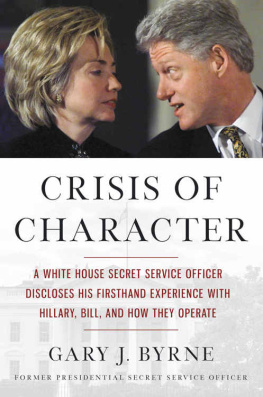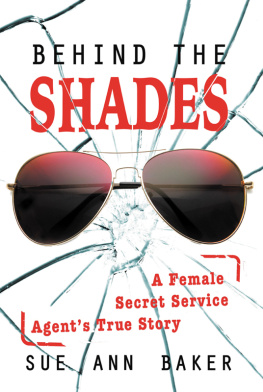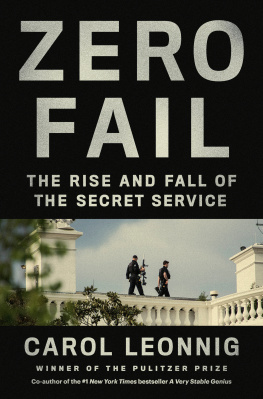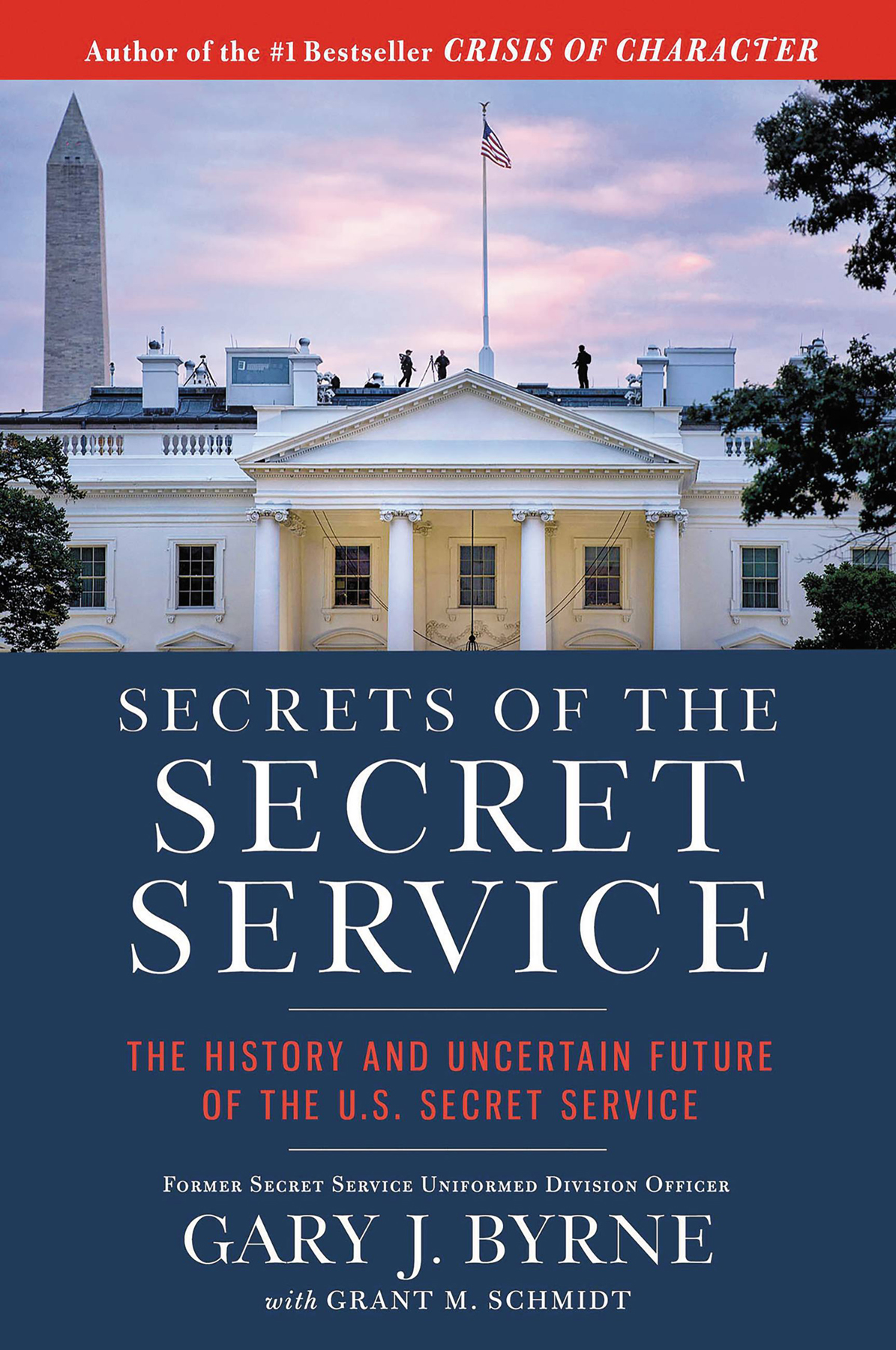DEDICATION.
Worthy of Trust and Confidence
O FFICIAL M OTTO , US S ECRET S ERVICE
E very Secret Service story begins with All seemed quiet. The events of March 4, 2015, were no different, except that three years later the Washington Post found out about what had transpired. Then came the ensuing cover-up and media storm.
All did seem quiet at 10:25 p.m. for the Uniformed Division officers standing their posts outside the White House. No matter how many years they had on the job, it still took a bit of discipline not to turn and breathe in the incredible sight of the White House, all lit up at night. The air was breezy and cool. And although every Secret Service story begins the same way, the Uniformed Divisions unofficial motto always rang true: Theres always something going on at the White House.
Life as a Secret Service Uniformed Division officer would have been a dream job if not for the nightmare the Secret Service bureaucrats had made it. The trouble was staying awake and alert and not having a complete mental breakdown, heart attack, or really ugly divorce. There were officers who couldnt avoid all three happening at once, and then there were the suicides. Seven days of twelve-hour shifts, plus management threatening punishment for taking scheduled days off, can have that impact. But some Secret Service officers made hundreds of thousands of dollars in overtime. Though management seemed to be in denial about the new practice, the plan of so many new recruits was to survive, serve, make a mountain of cash, and then quit after just two or five years of service. Their spouses had to agree to the plan, and they were immune to the immensely powerful lure that had enthralled the old-timers who had stayed on. This, after all, was the White House, the most recognizable building around the globe, and it was there that its most powerful leaders shaped the world.
This Uniformed Division officer manning one of the security gates around the White House, scanned, watched, and waited. As an owl snaps to at the sight of its prey, he saw a woman park her sedan in the no-parking zone, as dozens of lost tourists did each day. Enforcing the no-parking zone usually meant giving directions, but the zone was still an integral puzzle piece in detecting attacks launched at the White House.
She leapt out of the car.
Maam, you cant park here, the officer called out.
I have something for you, she said, full of anger.
That, too, wasnt unusual. People often naively tried to deliver letters or gifts to the White House.
I have something for you. Its a book, she said, excited.
Maam, we cant take packages. We cantwe cant do this. You have to mail it. Thats when she said the magic words.
Actually, its a fucking bomb! she yelled.
Thats when all the routineness left. This wasnt a normal night; it was one of those nights.
Back up! Back up! the officer yelled at her, clutching his firearm as she dropped the package onto the sidewalk, jumped back into her car, and sped off. The officer radioed in her vehicle description. He couldnt make out the license plate, as his brain was flooded with training videos that demonstrated the explosive power a book-sized bomb could have.
Meanwhile, across town, two hotshot Secret Service agents, types who had been there and seen it all, had been out celebrating the retirement of a colleague. They figured it was about time to leave the party.
The two men prided themselves on being the elite of the elite. The most powerful office of the world, held at the time by President Barack Obama, was protected by themand that made them the the best of the best.
They had protected President Obama, George W. Bush, and Bill Clinton. Vast amounts of trust were placed in their hands. And tonight they were drunk in their take-home government car, heading home from a retirement party.
Life in the Secret Service was good. Well, not for everyone. It was good only for the old boys club, the high-up agents, the made men of the Secret Service, like those two. One was from the Presidential Protection Division (PPD), and the presidents life rested in his hands each and every day. The other was the head of the Secret Service Washington Field Office. Men like them set the tone and culture of much of the Secret Service.
The Secret Service couldnt pay them any more due to congressional pay restrictions, but the agency found ways to up the ante and keep the agents whistles wet, such as take-home cars and prestige. The prestige was the best.
The prestige led them, despite being drunk in a government vehicle, to approach the White House as though they owned the place. But they could tell that something was off. It was quiet; too quiet. They cursed their fellow Secret Service men, the Uniformed Division officers. They thought to themselves that they must have abdicated their post. The entry gate was wide open. There were police tape and vehicle barricades set up.







